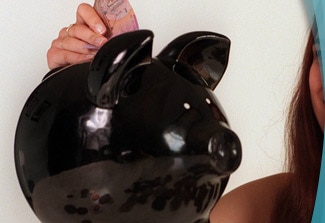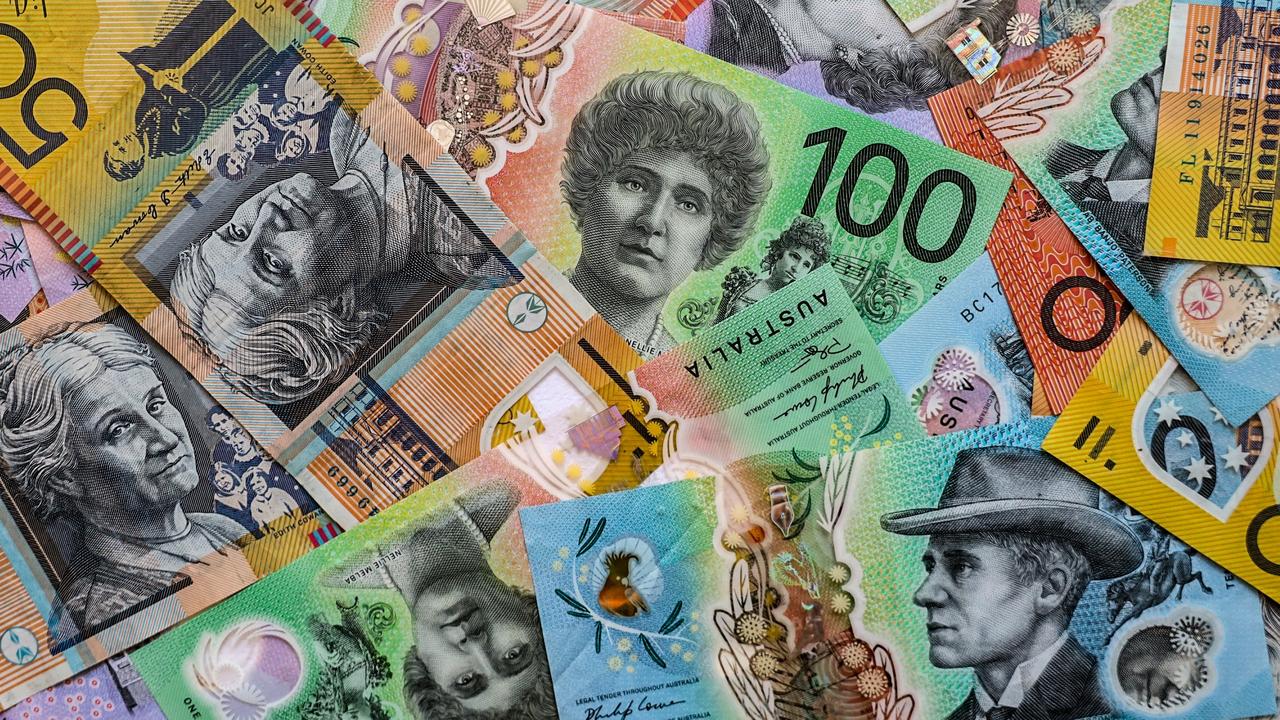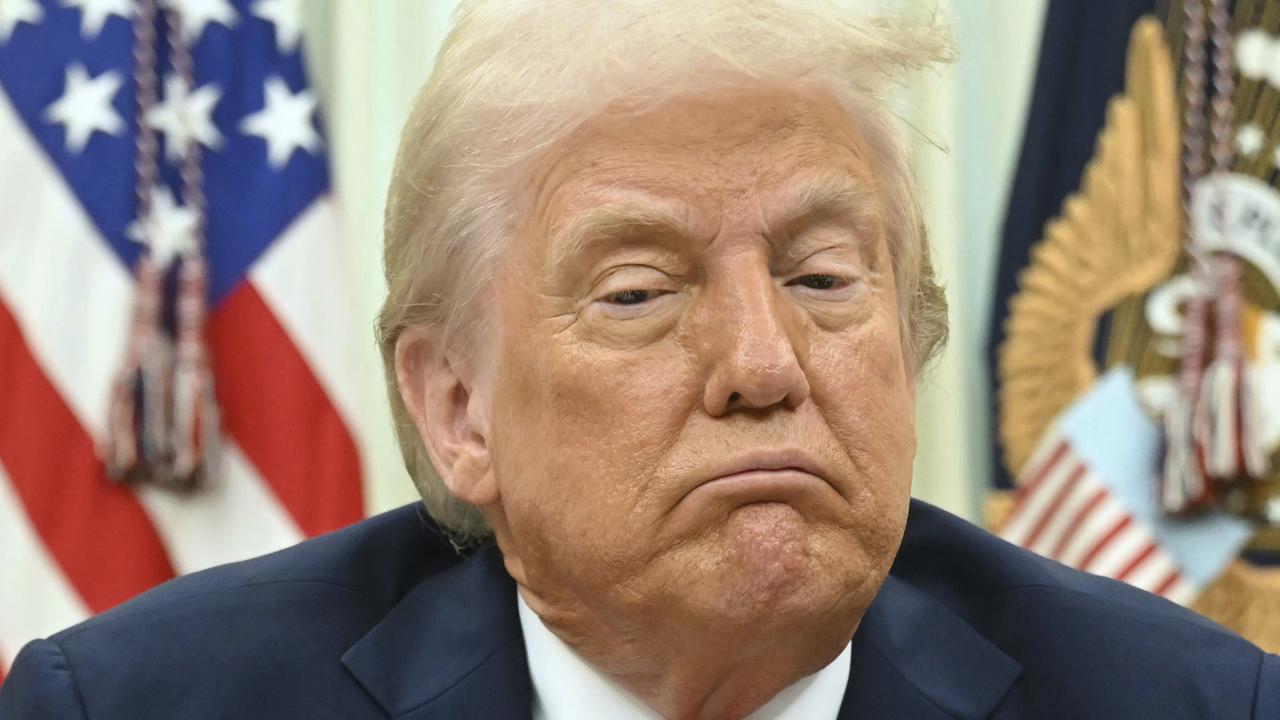Choosing the right kids' account
THE banking sector is flooded with products aimed at children, many are are fee-free but with very low interest rates.

Choosing the right kids' account
For generations, parents being harassed for the latest Christmas gadget or cool label have responded with the old cliche: "Money doesn't grow on trees.''
And, with a recent study showing it costs a typical Australian family $537,000 to raise two children, parents are keener than ever to teach children the value of money - and to explore how they might spend some of their cash on something more useful than just another computer game.
The banking and credit-union sector is flooded with products aimed at children. Many are fee-free, but the interest rates are often so low, they don't even keep pace with inflation.
Some offer bonus interest rates if regular monthly deposits are made, but rates revert to paltry amounts when money is taken out.
Although such accounts are a useful tool in teaching children how to save their pocket money or earnings, parents saving for their young children are often better off in managed funds, where returns are higher.
Whether investing in a bank, the share market, managed funds or special education plans, the Australian Taxation Office has strict rules.
It pays to work within those limits, because hugely inflated tax rates of up to 66 per cent discourage parents from ``hiding'' their money with their children.
"Everyone wants to maximise their returns with the minimum of risk, and they want it as soon as possible,'' says Hugh Elvy, manager of financial planning and superannuation at the Institute of Chartered Accountants.
For kids earning a few dollars in pocket money, a bank account may be the only option available, but Elvy warns that sometimes there are catches.
"Kids' bank accounts give them the discipline of putting money away on a regular basis, so they're educational in that way -- and kids can be involved in their savings plan,'' he says.
But check the interest rate. Many accounts offer just 0.1 per cent standard interest -- well below inflation .
BankWest, which launched its 10 per cent bonus interest for kids last year and has stepped up its Christmas advertising blitz, has the highest-paying children's account - and it comes with conditions.
A child must be younger than 15; no withdrawals are allowed; monthly deposits of between $25 and $250 must be made - and the Kids' Bonus Saver account must be linked to a separate children's savings account at the bank.
When conditions are met, 10.1 per cent interest is paid. When they're not, the rate reverts to 0.1 per cent.
At the end of the year, the savings are rolled into the transaction account, where between 3.5 and 5.5 per cent is paid, depending on the balance.
"If kids are saving and it's not a transaction account, look at the interest rate first and foremost,'' says Garfield Wright, an analyst with rate monitoring firm RateCity.
"A few of the accounts, such as BankWest's, have limits to stop parents dumping lots of money in there.''
Many banks don't offer much in the way of returns, but they try to make banking and saving fun through websites, newsletters and age-appropriate clubs that offer games and competitions.
Some, including the Commonwealth Bank, also offer student banking to encourage regular saving at school.
Of the big four banks, ANZ and the NAB make RateCity's top 10 highest-paying children's savings accounts. Credit unions round out the list.
Some bank accounts can be opened with as little as $1. Adults complain about notoriously high bank fees, but accounts for children are mostly fee-free.
Garfield Wright says some children's savings accounts must be linked to transaction accounts to get bonus interest, but because kids often have such small sums of money, make sure it doesn't get gobbled up in unexpected fees associated with the linked account.
Education funds
Zuraida Ariffin, a certified financial planner and director of the Argyle Group, recommends parents who specifically want to save for a child's education to invest in Scholarship (Education) Funds that can be opened with as little as $1000 and a regular contribution of $100 a month.
Because of a special tax ruling, adults who withdraw money from the fund to pay for a child's education expenses, such as fees, books or uniforms, get a tax rebate through the fund.
And if money is withdrawn from the fund for non-educational purposes, the fund can manipulate where the money comes from - earnings or capital - to avoid parents being hit with a tax bill.
But Ms Ariffin cautions against tertiary-education plans under which, if the child doesn't go to university, the parents lose all returns and get back only what they invested over the years.
"It's good if the child goes to uni. If they don't, tough,'' she says.
Ease of access
Hugh Elvy says that before deciding how and where to invest, parents should ask if they need to access the money quickly, and whether they have money to save regularly, then shop around.
"If you're interested in saving for the longer term, look at growth assets such as managed funds, shares and diversified funds,'' he says.
"They're a preferable option in terms of better returns, but make sure you don't need to suddenly get that money out.''
Ms Ariffin says buying shares for children is strictly a long-term option.
"If you buy shares, you may have to hold them for five years before you get the return to ride out any volatility.
"Of course, sometimes stocks do much better, and that's fine - but if they don't, you're stuck.''
Keeping the tax office happy
The key to avoiding unexpected tax bills depends on how the money is used - and by whom.
Institute of Chartered Accountants tax counsel Ali Noroozi says there is a grey line, but if an account is opened in a child's name, the parent must be careful about how that money is used.
"If you make deposits and withdrawals, then that money will be seen to be your own income, not your child's and you'll have to declare that in your income-tax return.
"If it's Christmas ... and the child has odd jobs and that goes into an account and doesn't get spent by the parent, it's the child's income.
"It's quite important to make sure you don't fall foul of those provisions.''
According to the tax office, 70,168 people under 16 lodged tax returns for the 2005-06 financial year -- and 32,631 of them were lodged by tax agents.
"Generally, children need to lodge a tax return only if they are earning more than $1333 in income from investments or interest on their bank accounts,'' an ATO spokeswoman says.
"Children do need to lodge a tax return if their total income is more than $6000. However, if pay-as-you-go (PAYG) tax has been withheld by an employer, the child must lodge a return to get a refund.
"If a parent or an adult is making contributions to a child's account, they - not the child - need to declare any interest earned.''
Mr Noroozi says withdrawals and abnormal amounts going in and out of accounts will raise alarm bells.
"There are the same issues if you invest money in shares, it's just that the tax office is a bit more explicit with a savings account,'' he says.
The tax office has different thresholds and tax rates, depending on the type of income.
For interest from savings accounts only, the tax-free threshold for under-18s is $420.
If no tax-file number is recorded, the institution can withhold tax at 46.5 per cent when more than $420 in interest is earned.
When it comes to earnings from dividends and other investments, under-18s can earn $416 tax-free.
Amounts between $417 and $1307 are taxed at 66 per cent, whereas amounts above $1308 are taxed at 45 per cent for the whole sum.
Children who receive monetary gifts from their parents pay tax on any income earned from investing that gift. Under-18s are also entitled to a low income tax offset.
Whatever the investment, tax rules can be complex and confusing, so advice should be sought from the tax office, a financial planner or an accountant to avoid being caught out.



